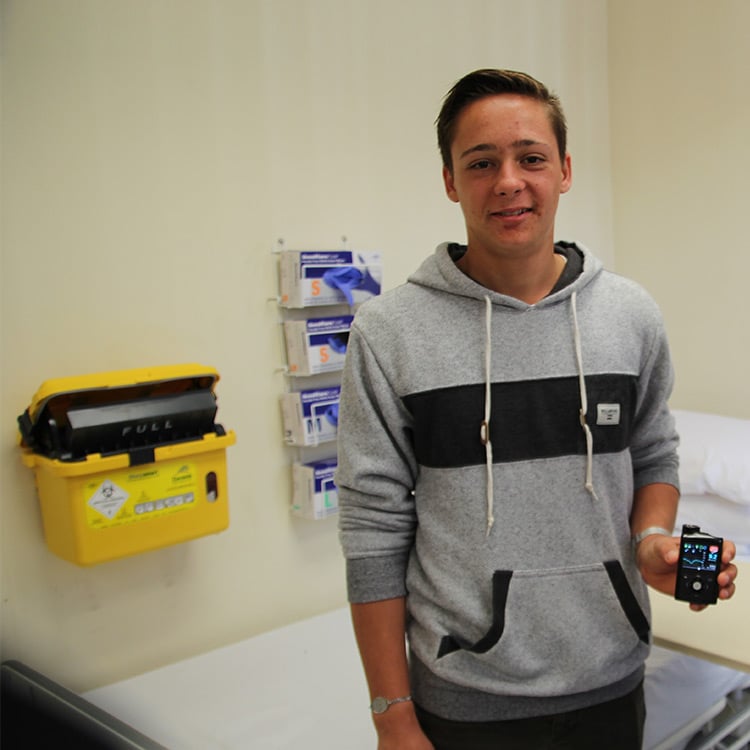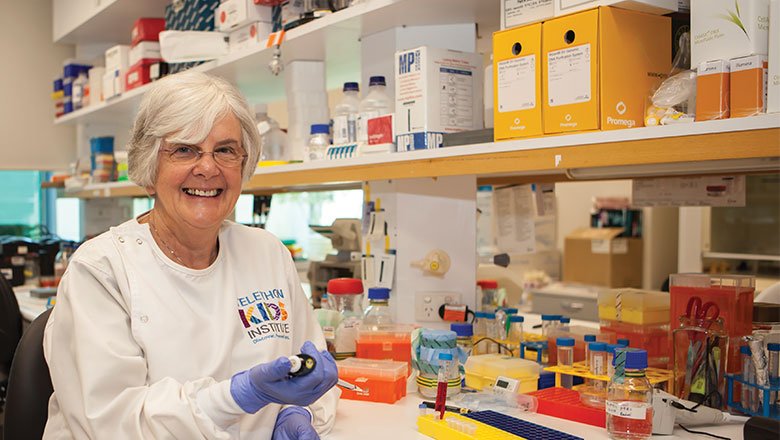Search
Research
Antecedent hypoglycaemia does not diminish the glycaemia-increasing effect and glucoregulatory responses of a 10 s sprint in people with type 1 diabetesThe purpose of this study was to investigate whether antecedent hypoglycaemia impairs the glycaemia-raising effect of a 10 s sprint in individuals with type...
Research
Assessment of cardiometabolic risk in children in population studies: underpinning developmental origins of health and disease mother–offspring cohort studiesPregnancy and birth cohorts have been utilised extensively to investigate the developmental origins of health and disease, particularly in relation to...
Research
Acute hyperglycaemia does not alter nitric oxide-mediated microvascular function in the skin of adolescents with type 1 diabetesImpact of an acute bout of hyperglycaemia on nitric oxide (NO)-mediated microvascular function in the skin of adolescents with type 1 diabetes

News & Events
Four BrightSpark Fellowships awarded to early-career researchers at The KidsCongratulations to four outstanding early-career researchers from The Kids Research Institute Australia, who have been awarded BrightSpark Foundation fellowships and project funding for 2026.

News & Events
Local researchers lead biggest ‘artificial pancreas’ outpatient studyThe Children’s Diabetes Centre at The Kids Research Institute Australia is leading the longest and largest at-home trial of a hybrid closed-loop insulin pump system.

News & Events
A new approach for research with Aboriginal communitiesWinning the support of a remote Aboriginal community paved the way for a pioneering genetics study.

News & Events
Latitudinal gradient in childhood diabetesNew research from Perth's The Kids Research Institute Australia has shown the local relevance of a worldwide pattern of increased risk of childhood type 1 diabetes.
Research
Spatial and temporal variation in type 1 diabetes incidence in Western Australia from 1991 to 2010: Increased risk at higher latitudes and over timeThis study analysed spatial and historical variation in childhood incidence of type 1 diabetes mellitus (T1DM) among Western Australia's 36 Health Districts...
Research
Effect of sensor-augmented insulin pump therapy and automated insulin suspension vs standard insulin pump therapy on hypoglycemiaSensor-augmented insulin pump with automated low-glucose insulin suspension has the potential to reduce the incidence of major hypoglycemic events.
Research
Hypoglycaemia, fear of hypoglycaemia and quality of life in children with Type 1 diabetes and their parentsTo evaluate the association between fear of hypoglycaemia, episodes of hypoglycaemia and quality of life in children with Type 1 diabetes and their parents.
